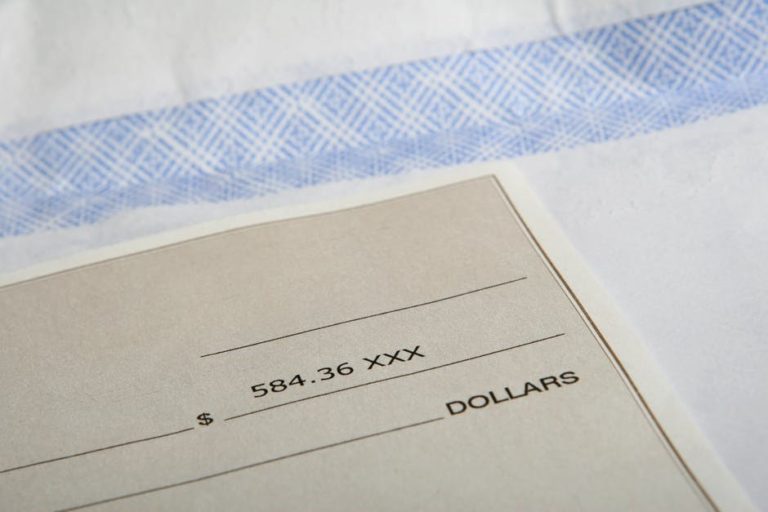Because of all the different categories of information on them, pay stubs can be a little confusing. Find out what to look for when reading a pay stub here.
There’s not a better feeling than being handed your check and paystub near the end of each work week. Work can be a grind, but it can be well worth it when payday rolls around.
Even though we receive pay stubs all the time, many people don’t take the time to read and understand them. Everyone knows where to look for the big, bolded take-home number. But what about all the other information bolded on there? This can be vital information too.
Read on, and we’ll walk you through what you need to know about reading a pay stub.
What’s On A Paystub?
If you don’t take the time to understand your paystub, you are doing your financial future a wrong. It’s important to understand where the money you make at work is going— because it’s certainly not all in your pocket.
Even if you don’t get a pay stub from work, it can be valuable to understand how to read one. Many life situations require a pay stub as a proof of employment, so you might need to learn to create one using a pay stub service like www.thepaystubs.com.
A paystub breaks down the different areas that you work hours go towards supporting.
Employee Earnings
It all starts here. The most basic part of your paystub is this area that breaks down your hourly rate and how many hours you worked for the given pay period. It also includes any overtime hours you worked. It’s these numbers that will be used to calculate your gross pay.
If you are a salaried, as opposed to an hourly, employee, your hours will be set to a default 40 hours a week. That’s the standard number, at least for now.
Employee Taxes Withheld
The first and most notable place some of that gross amount will go towards is, you guessed it: your taxes.
This section on your stub will include the amount taken from your check to be sent to the government. They will later be included on your W-2 for tax filing purposes. These are pay-as-you-go taxes that prevent you from having to pay a huge lump sum to the government come tax time.
Employee Deductions
Taxes aren’t the only thing that gets taken out of your pay stub each period. Deductions are also made for your retirement, healthcare, and many other benefits.
This money is set aside for you to go towards these various programs. So while you might be sad to see it go, you can rest easy knowing that the money is still going to benefit your health and future.
If you work somewhere where your employer helps to contribute to your healthcare or retirement, you’ll see a separate area for this amount as well.
Reading A Pay Stub
reading a pay stub can be an essential skill if you hope to understand where tour money is going each pay period. Need more financial advice, tips, or tricks? Check out our blog for more information.

0 Comments